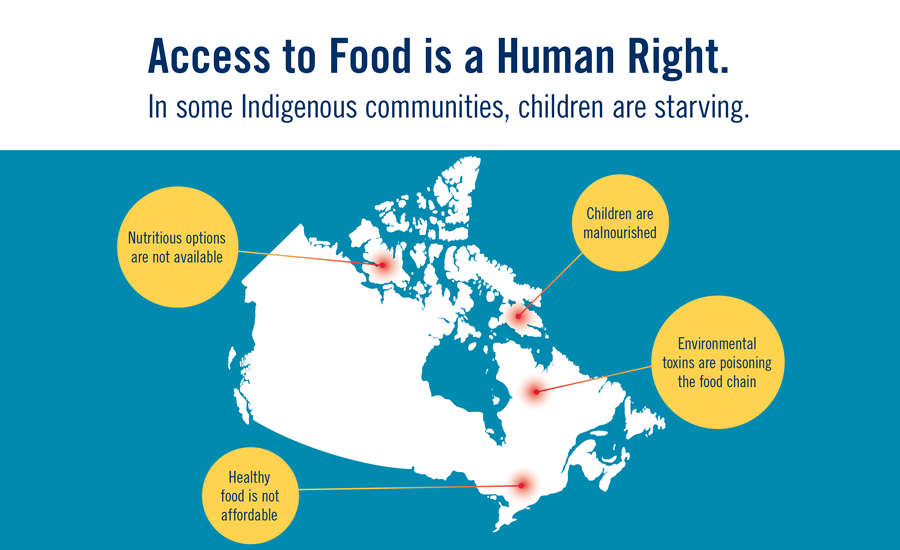Building Community to Impact Health
Among the recommendations Canada’s Truth and Reconciliation Commission’s recent report, the need to provide cultural competency training for health care professionals across all levels was a key requirement to improve health outcomes for Indigenous peoples. CPD has been working towards this through several initiatives led by Dr. Anna Banerji the Faculty Lead for Indigenous and Refugee Health with Post MD Education.
One initiative that falls under Dr. Banerji’s portfolio is the Indigenous Health Conference. Launched in 2014, the biennial conference takes the unique approach of sharing the distinct health needs of Indigenous peoples through Indigenous voices. This population continues to experience significant health disparities on every major health indicator and are underserviced for quality healthcare. Over the course of two days, dialogue between Indigenous and non-Indigenous providers was facilitated, and ways to work together to challenge the health inequities and improve health for Indigenous peoples were explored. Building upon the success of 2014 conference, the 2nd Biennial Indigenous Health Conference was held in May of this year. Over 730 health care practitioners, academics and community partners from across Canada attended.
Banerji sees the conference as a way to create a space for Indigenous voices to state what is needed for their communities and for health care providers to become advocates. “So many historical and contemporary issues have had a devastating impact on the health and well-being of indigenous populations. The recent examples of Grassy Narrows First Nation Ontario and West Moberly First Nation in British Colombia are just two issues that have significantly affected health in the community. The panel of Chiefs and representatives from the David Suzuki Foundation brought this to light and inspired many to demand change.” She believes this continued dialogue with Indigenous peoples, health experts, policy makers and health care providers are key to improve health outcomes.
In addition to her role with the IHC, Dr. Banerji wants to enhance the Post-MD curriculum and to increase the exposure to Indigenous health at the resident level. “All resident programs should have education on Indigenous health. It must be part of the curriculum.” She sees an opportunity to add cultural sensitivity and safety training to the programs to provide a better understanding of the numerous barriers that many indigenous people face in accessing healthcare.
Over the next 5 years, Banerji would like to see a strong curriculum that provides exposure to underserviced Indigenous communities as part of resident training. “I’d like to have Indigenous Health integrated into the system.” She hopes that more electives and core options will be available to improve health care professionals understanding of this population.

